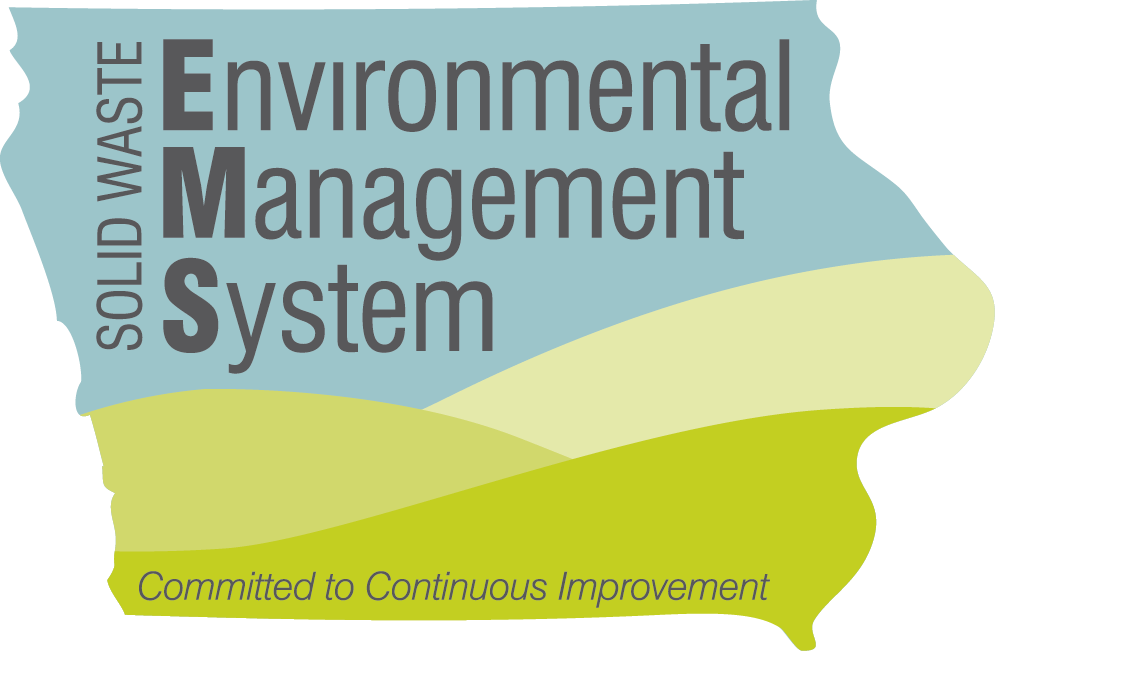About Us
The Agency was created in 1994 via a 28E agreement between the City of Cedar Rapids and Linn County.

Who We Are
The Agency operates two locations in Linn County, Iowa. The landfill and Resource Recovery building are located at 1954 County Home Road, Marion, Iowa. The compost/yard waste facility is located at 2250 A Street SW, Cedar Rapids, Iowa. The Agency is guided by a nine-member board of directors.
Agency Mission Statement
Ensuring the health, safety and welfare of the community through cost-effective and environmentally sound practices for management of solid waste generated in Linn County.
Careers
The Cedar Rapids Linn County Solid Waste Agency is a great place to work. We have the vision and passion for finding cost-effective, sustainable solutions for waste reduction and resource recovery. In our employees, we look for people who are talented, committed, service-oriented and highly motivated.
Click here to see our current openings.
Per the Iowa Code section 24.2A, the notice of public hearing for property tax levy can be found at: https://CityofCR.com/Compliance
Business with the Solid Waste Agency
Charge Accounts
Anyone interested in getting a charge account with the Solid Waste Agency needs to complete the Charge Account Agreement form and be approved.
Environmental Management System (EMS)
In 2009, through a voluntary program with the Iowa Department of Natural Resources (IDNR), the Solid Waste Agency adopted an Environmental Management System (EMS), an organized and proactive approach to managing issues on our sites that affect land, air & water. The IDNR officially designates the Agency as EMS Certified.
EMS goals are simple: reduce activities on our sites that have negative environmental impacts, and increase activities with positive environmental impacts. EMS moves solid waste organizations beyond measuring landfill diversion to a broader focus on resource management.

Six primary focus areas are denoted by Iowa law as part of an EMS, by which participating agencies are expected to demonstrate compliance and a commitment to continuous improvement:
- Organics management
- Hazardous material management
- Water quality improvement
- Greenhouse gas reduction
- Recycling services
- Environmental education